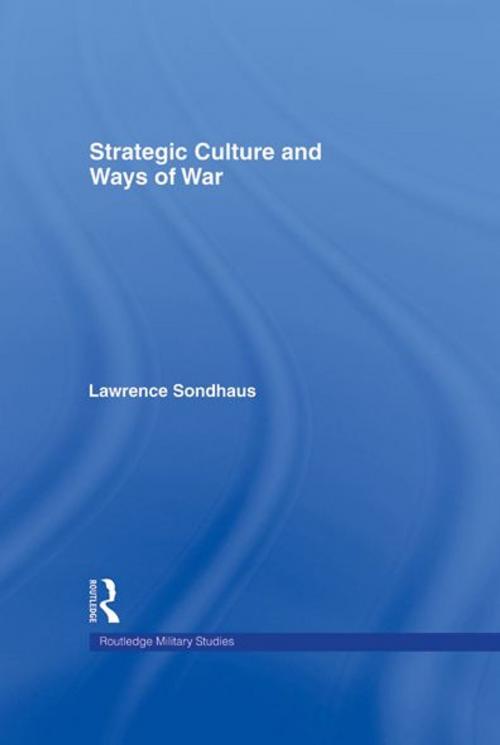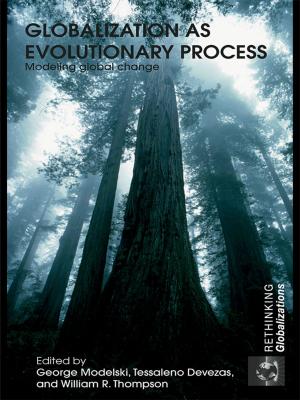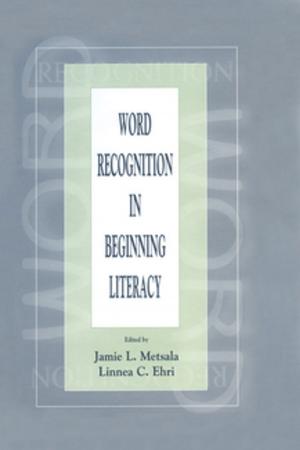Strategic Culture and Ways of War
Nonfiction, History, Military, Strategy, Social & Cultural Studies, Political Science| Author: | Lawrence Sondhaus | ISBN: | 9781135989743 |
| Publisher: | Taylor and Francis | Publication: | August 21, 2006 |
| Imprint: | Routledge | Language: | English |
| Author: | Lawrence Sondhaus |
| ISBN: | 9781135989743 |
| Publisher: | Taylor and Francis |
| Publication: | August 21, 2006 |
| Imprint: | Routledge |
| Language: | English |
A much-needed survey and synopsis of literature on strategic culture and ways of war.
It clearly shows how national strategies and approaches to warfare are, to a significant extent, culturally determined. The concept of national ‘ways of war’ dates from the 1930s, when Basil H. Liddell Hart theorized that there was a ‘British Way in Warfare’.
The concept of "strategic culture" dates from the 1970s, when Jack Snyder introduced it to explain why leaders of the Soviet Union did not behave according to rational choice theory. These ideas have gained wide acceptance among historians of international politics and warfare, and remain controversial for political scientists seeking general or universal theoretical understanding of such subjects. Because political scientists have focused on strategic culture and historians on ways of war, this work will greatly benefit both audiences and provide each with valuable exposure to the ideas of the other.
A much-needed survey and synopsis of literature on strategic culture and ways of war.
It clearly shows how national strategies and approaches to warfare are, to a significant extent, culturally determined. The concept of national ‘ways of war’ dates from the 1930s, when Basil H. Liddell Hart theorized that there was a ‘British Way in Warfare’.
The concept of "strategic culture" dates from the 1970s, when Jack Snyder introduced it to explain why leaders of the Soviet Union did not behave according to rational choice theory. These ideas have gained wide acceptance among historians of international politics and warfare, and remain controversial for political scientists seeking general or universal theoretical understanding of such subjects. Because political scientists have focused on strategic culture and historians on ways of war, this work will greatly benefit both audiences and provide each with valuable exposure to the ideas of the other.















